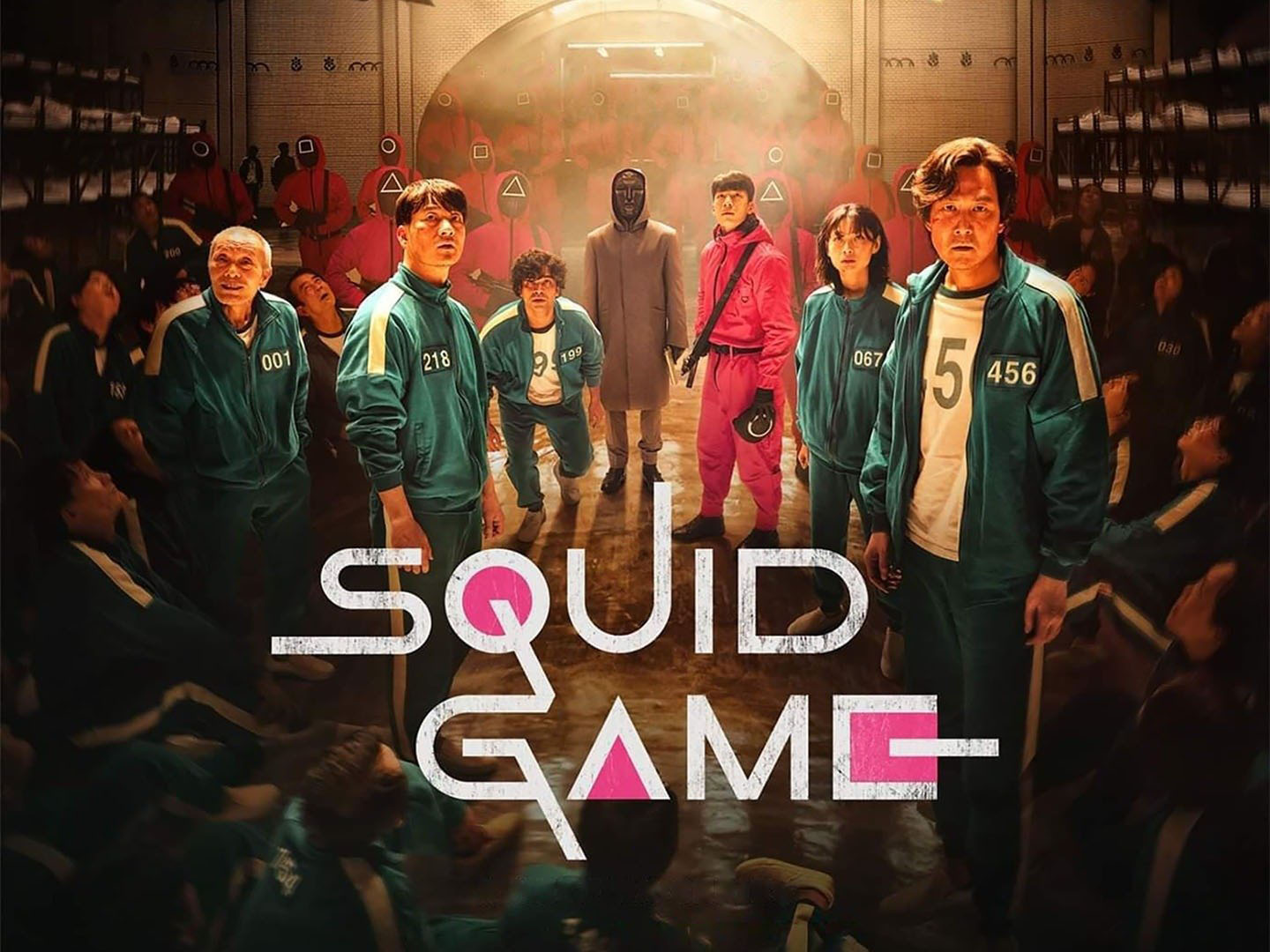
SA News

Too late to stop Squid Game’s tentacles grabbing your kid?
It’s going viral faster than society can handle, but it’s not coronavirus, it’s Squid Game. The South Korean TV series has taken Netflix and the world by storm, and its tentacles are sucking in children and teens quicker than adults can get to grips with what that means. Local Jewish schools have become so concerned about the violent nature of the show, they are advising parents not to let their children watch it.
Squid Game, which started streaming on 17 September, focuses on a desperately indebted group of people in South Korea. They join a secret tournament of children’s games where if you lose a game, you die a violent death, but if you win the entire tournament, you will be given about $38 million (R560.6 million). The show is extremely stylish, almost like a graphic novel or a cartoon, and is very addictive. The fact that it features children’s games may mean parents think it’s for kids, but it’s actually extremely dark and disturbing.
Social media lawyer Sarah Hoffman and clinical psychologist Pam Tudin, both founders of Klikd (which helps teens and parents navigate social media safely) wrote a blog post guiding parents on how to deal with the show capturing the attention of their “screenagers”. This post itself went viral, showing how desperate parents are for answers.
“The response to the post has been staggering,” says Hoffman. “So many parents have come forward and said their young kids have somehow watched it, and if they haven’t seen it, all their friends are talking about it. Kids from Grade 5 have shared with us that they are watching it and parents don’t know.” Meanwhile, a principal at a Jewish school in Cape Town wrote in the school newsletter that children in the foundation phase (Grades 1 to 3) are talking about it. “There have been lots of kids mimicking the show at school, with kids even asking for ‘Squid parties’ – cupcakes and all!” says Hoffman.
“Kids aren’t seeing the horror in it. They are detached from the extreme violence and abuse because they are watching other violent shows,” she says. “This one appeals most because it’s experienced as reality TV even though it isn’t. Many kids have asked if the characters are real. Most importantly, it normalises the ‘desperate measures for desperate times’ approach to solving problems. This is very dangerous for teens as the show doesn’t model appropriate solution-driven responses to family and financial stress. It also doesn’t demonstrate that communication can alleviate a sense of isolation.”
Matthew Gruzd, the chairperson of United Herzlia Schools, shares his experience as a parent. “My children aged 12 and eight aren’t allowed to watch it, and I have explained why. The subtle story line about societal inequality, desperation, and exploitation that flows beneath the gratuitous violence is of more interest, but over their heads. I’m continually reminded by them of their friends who have been allowed to watch it.”
Yeshiva College was one of the schools that alerted parents to the “extreme violence that the show exhibits” and “strongly advised” that they don’t allow their children to watch it. A school counsellor who asked not to be named says, “At this point, we’re hearing murmurs about Squid Game, and in order to try to protect our learners from the impact of watching the series, the school has notified parents of our concerns in the hope that they will prevent their children from watching it.
“At this time, we haven’t been notified of any trauma, but we will certainly assist should any concerns come to our attention. Our counselling department has offered assistance to parents in the event that their children are affected by the series. We regularly engage our learners on the psychological and spiritual impact of what we view. At this point, the decision has been made not to engage with learners on this specific series. We are concerned that the more attention we give it, the more curious learners will be, and the more the series will take centre stage. Should the situation change, we will adapt our approach accordingly.”
But is it really possible to keep Squid Game off the radar in our world of instant information? Local media expert Gus Silber doesn’t think so. “It’s almost impossible to say to pre-teens or teenagers that ‘you mustn’t watch Squid Game or speak to your peers about it’. The more you say that, and the more you try and prohibit youth from being interested, the more they’re going to seek it out. It’s almost impossible to avoid Squid Game. Memes, jokes, and videos on YouTube are out there, whether or not you watch the series. It’s almost impossible not to know that Squid Game is a violent, cartoonish series about people who play a game, and most of them lose their lives in the process.
“One shouldn’t underestimate the savviness of young people in the digital era and the ease of access they have to all kinds of information,” Silber says. “And I think they’re savvy enough to know where to draw the line, and know what’s real or not.”
The great irony for him about Squid Game is that “it’s about children’s games, a lot of which will be familiar to older and younger South Africans. I certainly remember playing marbles at school and being fiercely competitive. While it wasn’t violent, there certainly was a very strong sense that if you lost the game, you lost more than the game – there was a lot at stake.
“So, it’s a very violent series about what we take to be innocent children’s games. A lot of children’s games are inherently tied up with what happens if you lose or win. We are naturally a very competitive species, and when you think about kids playing games, it’s almost never that they’re just playing the game for fun, there’s always a very strong element of something else. When you watch Squid Game, those games become very serious. They quickly lose their element of fun. So, it’s not surprising to me that kids on the playground will try play ‘red light, green light’ like it’s played in Squid Game, maybe taking it as far as pretending to get shot or eliminated from the game.”
Ultimately Silber says this is “classic moral panic” – when leaders in society get worried about what they think is damaging to the youth at large and their own kids. There are so many examples of this. Rock ’n roll in the 1950s was seen to be damaging. Heavy metal and hip hop are the same kind of thing, and then the internet at large. “If you don’t watch Squid Game, you’ll still definitely be aware of it, it’s impossible not to be. I’m not surprised that adults are worried about it, but I doubt there’s any teenager out there who hasn’t watched it or isn’t talking about it,” Silber says.
But Hoffman says parents can act. As per the Klikd post, “parents shouldn’t allow younger kids to view this. Tighten up your parental controls on Netflix. There are step by step instructions on our blog post. Second, if your kids have seen it or their friends are talking about it, it’s important to engage in a non-judgemental way about the very big issues raised in the show and how this calls into question our own family values. There are ‘conversation starters’ on the blog post. Upskill teens and tweens with tools like the Klikd app to recognise when technology is having a negative impact on their mental well-being.”






